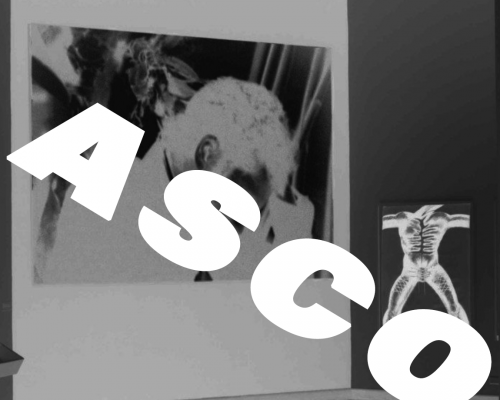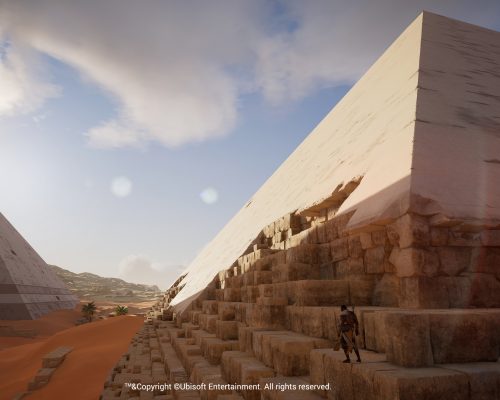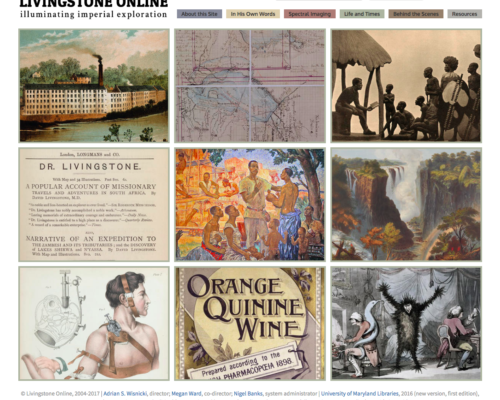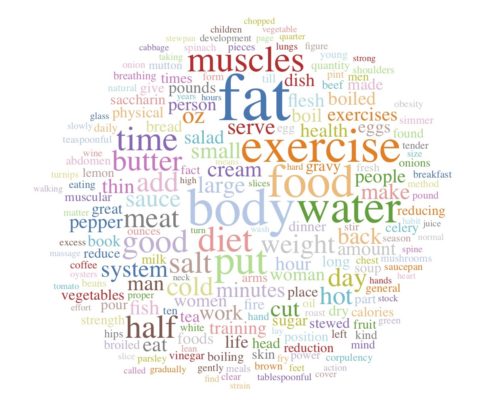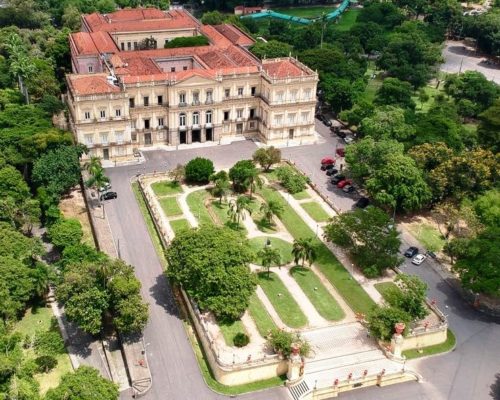Though information institutions have been historically considered to be neutral keepers of information, in actuality archives and archivists wield power over collective memory and national identity. As such, community archives and oral histories are important resources that can be used as tools that disrupt the dominant progress narrative and give light to marginalized histories. Oriented in this critical archival framework,…
Category: Student Projects
ASCO: Champions of Disruption and Civic Engagement – A Comprehensive Retrospective Analysis
ASCO’s significance within the realm of peripheral art-making during periods of civil unrest cannot be overstated. The collective transcended the confines of traditional artistic spaces, pioneering a movement that challenged societal norms and redefined the boundaries of artistic expression. Existing for over 15 years, ASCO operated outside the established structures of the LA gallery market, utilizing their elusiveness to cultivate…
The Increasing Gamification of Assassin’s Creed: Discovery Tour
Since its debut in 2007, the Assassin’s Creed video game franchise has been creating digital representations of historical cities. Ubisoft, the developer, has hired historians to ensure an accurate portrayal. Despite its academic potential, the violent themes in the game have prevented it from being a teaching tool. In 2017, Assassin’s Creed launched the Discovery Tour. This is a mode…
Kinolab: A Digital Humanities Project Review
Beginning with pioneering projects in the late 2000s, digital humanities—historically dominated by text scholarship—has increasingly expanded into film studies. Scholars interested in applying analytical methods such as distant reading to audiovisual materials are developing annotation tools unique to film, in contrast to the Text Encoding Initiative (TEI) used for written texts. Led by principal investigator Alison Cooper, the digital humanities…
Mapping Emergent Scholarship: Investigating the Interdisciplinary Field of Fat Studies
This paper and corresponding mapping project seeks to illuminate institutional and geographic trends of the academic field of Fat Studies. As an emerging interdisciplinary field, fat studies exists on the fringes of the academy, and there has been limited investigation of the scholarly landscape of the field, both conceptual and physical. Using the corpus of the eponymous journal Fat Studies…
Gender Reveal Party : playing in the intersections of digital humanities and autoethnography
To play Gender Reveal Party in your browser, go to my itch.io page! Gender Reveal Party is a visual novel that explores the idea of embodied personhood, my own personhood, within digital humanities Using the methods of autoethnography, and a performance studies perspective, this game brings together Augusto Boal’s theory of the “spect-actor” with the realm of the digital. Gender…
The Triangle Shirtwaist Factory Fire Revisited: A Geospatial Exploration of Tragedy
We banded ourselves together, moved by a sense of stricken guilt, to prevent this kind of disaster from ever happening again. Frances Perkins, witness to the Triangle Shirtwaist Factory Fire, U.S. Secretary of Labor (1933-1945), and the first woman appointed to the U.S. Cabinet. INTRODUCTION Can we use geospatial tools to explore the human condition and tragedy? The Triangle Shirtwaist…
Livingstone Online Project Review : A case for interdisciplinary DH
Abstract: This project review examines Livingstone Online, in particular the project arguments and goals, disciplinary context, and methodologies used. By examining this testament to scholarly and institutional collaboration and interdisciplinary thought, I break down the project’s contributions to digital humanities, postcolonial studies and Livingstone studies.
Weighted Words
Using a combination of HTRC Analytics and Voyant Tools, this study compares the language used in a collection of turn of the century weight loss texts to that of the current weight loss verticals on the websites of Women’s Health and Men’s Health in order to investigate what has changed or remained the same in terms of how weight, bodies…
Digital Humanities: National Museum of Rio de Janeiro Tragedy
Abstract: Digital humanities in museum settings is a crucial area to be explored and applied because it can be the determining factor between saving history and losing it forever. The tragedy that happened in the National Museum of Rio de Janeiro in Brazil, where a devastating fire destroyed the museum completely and with that over 20 million unique artifacts were…
